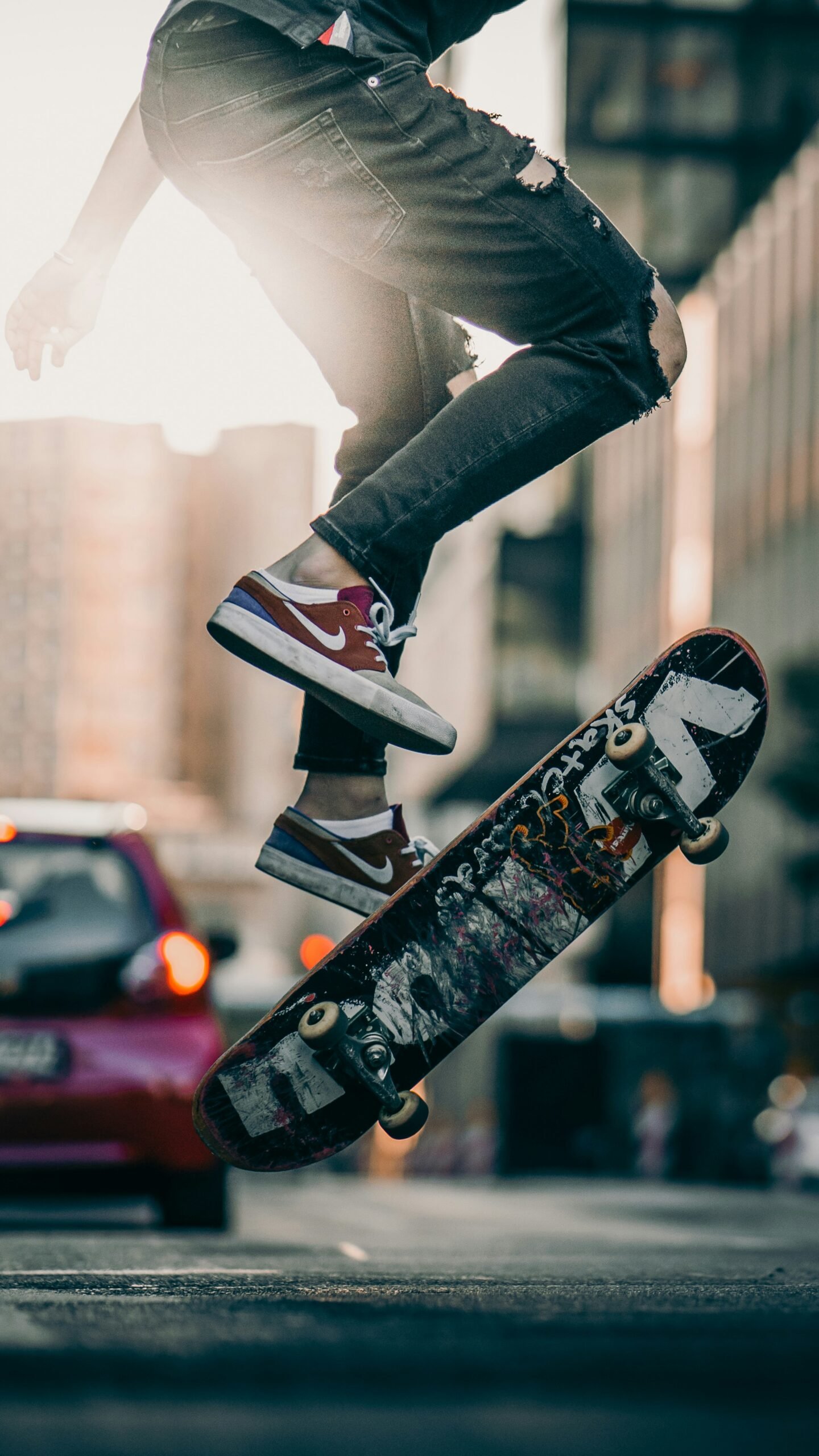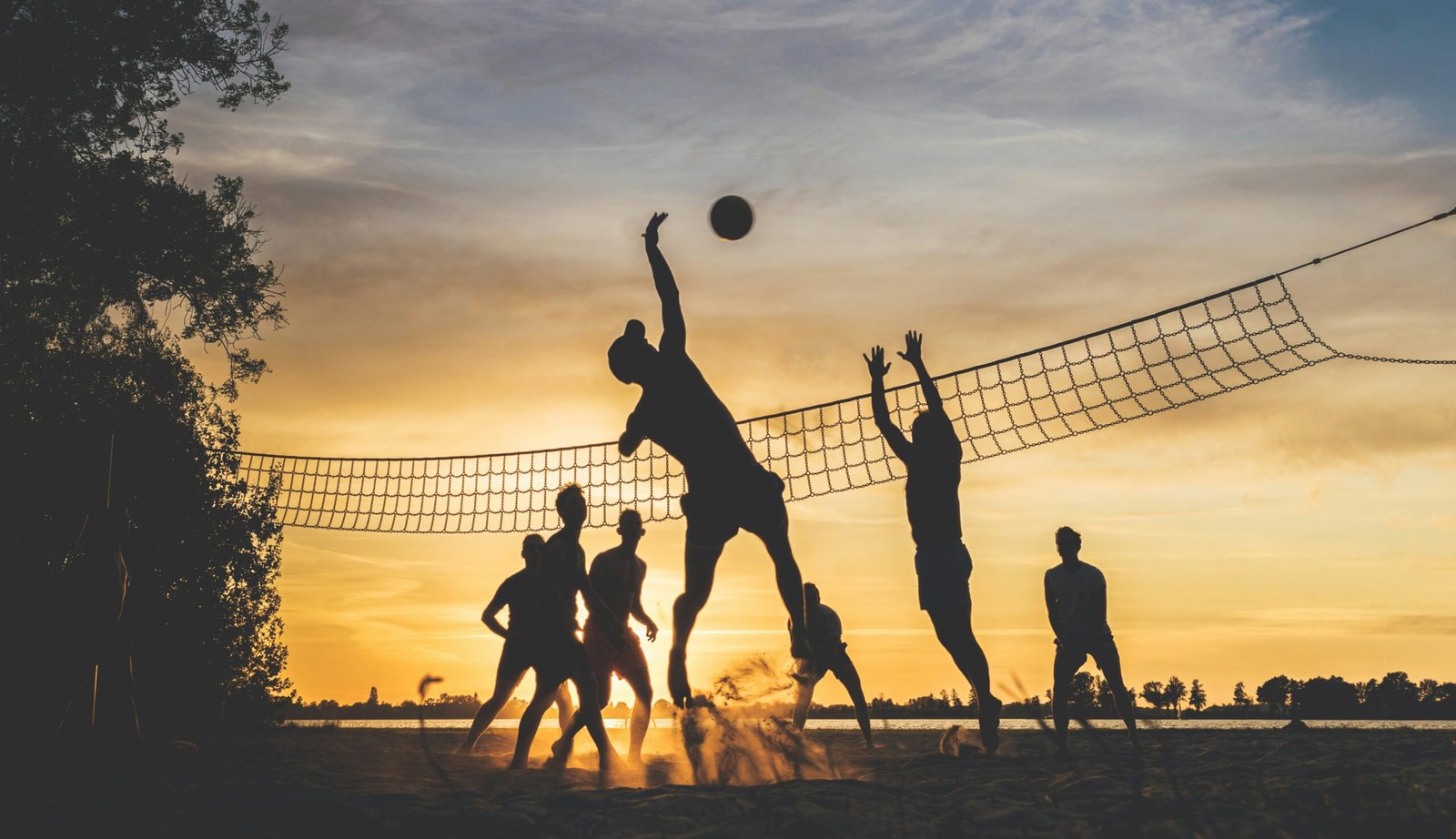
Skateboarding’s inclusion in the 2024 Olympic Games is a testament to its growing influence and acceptance as a legitimate sport. As the sport continues to evolve and gain recognition, its presence in the Olympic Games serves as a platform to showcase the incredible talent and skill of skateboarders from around the world.
One of the reasons skateboarding has become so popular is its unique blend of athleticism, creativity, and style. Unlike traditional sports, skateboarding allows athletes to express themselves through their tricks and maneuvers, making each performance a work of art. The combination of technical skill, physical fitness, and artistic expression required in skateboarding makes it a truly captivating sport to watch.
Skateboarding’s inclusion in the Olympic Games also highlights its cultural significance. For many years, skateboarding was considered an underground subculture, associated with rebellion and counterculture. However, as the sport gained mainstream popularity, it began to transcend its subcultural roots and became a symbol of youth culture and individuality. By including skateboarding in the Olympics, the international sporting community acknowledges the impact and influence of skateboarding on popular culture.
The success of skateboarding in the 2020 Olympic Games held in Tokyo, Japan, further solidified its place in the Olympic program. The competition showcased the incredible talent and diversity within the skateboarding community, with athletes from different countries and backgrounds competing for gold. The positive response from both athletes and spectators alike demonstrated the global appeal of skateboarding and its ability to captivate audiences worldwide.
Looking ahead to the 2024 Olympic Games, there is great anticipation for the continued growth and development of skateboarding as an Olympic sport. The inclusion of skateboarding provides an opportunity for young athletes to aspire to Olympic greatness and inspire future generations of skateboarders. It also opens doors for increased funding and support for skateboarding programs and initiatives, leading to further growth and professionalization of the sport.
In conclusion, the inclusion of skateboarding in the 2024 Olympic Games is a significant milestone for the sport and its global community. It represents the recognition of skateboarding as a legitimate sport and a cultural phenomenon. As skateboarding continues to evolve and gain popularity, its presence in the Olympic Games will continue to inspire and captivate audiences worldwide.
Skateboarding’s rise as a global phenomenon can be attributed to several factors. One of the key drivers behind its popularity is the accessibility of the sport. Unlike many other sports that require expensive equipment or facilities, skateboarding can be practiced almost anywhere with just a skateboard and a flat surface. This accessibility has allowed skateboarding to reach communities that may not have had access to traditional sports, making it a popular choice among youth in urban areas around the world.
Furthermore, the rebellious and counter-cultural nature of skateboarding has also contributed to its global appeal. Skateboarding has always been associated with a sense of freedom and individuality, attracting those who are looking for an alternative to mainstream sports. The skateboarding community has fostered a unique culture that celebrates creativity, self-expression, and non-conformity. This culture has resonated with people from all walks of life, creating a sense of belonging and camaraderie among skateboarders worldwide.
Additionally, the advent of social media has played a significant role in the globalization of skateboarding. Platforms like Instagram, YouTube, and TikTok have provided skateboarders with a way to share their tricks, videos, and experiences with a global audience. This has not only allowed skateboarders to gain exposure and recognition but has also inspired and influenced aspiring skateboarders from all corners of the globe. The online skateboarding community has become a virtual skatepark where skaters can connect, learn from each other, and push the boundaries of the sport.
Moreover, the commercialization of skateboarding has contributed to its global reach. Skateboarding brands and companies have capitalized on its popularity by sponsoring professional skateboarders, organizing skateboarding events, and creating skateboarding merchandise. This increased visibility and financial support have helped elevate skateboarding as a legitimate sport and career choice for many aspiring athletes.
In conclusion, skateboarding’s journey from the streets of California to a global phenomenon has been driven by its accessibility, counter-cultural appeal, social media influence, and commercialization. As skateboarding continues to evolve and gain recognition, it will undoubtedly inspire a new generation of skateboarders and continue to unite people from all corners of the world through its unique culture and community.
Moreover, the inclusion of skateboarding in the Olympic Games has also brought about significant changes in the way the sport is perceived by the general public. Traditionally, skateboarding has been associated with counterculture and rebellion, often seen as a subversive activity that goes against the mainstream. However, with its acceptance into the Olympic program, skateboarding has gained a newfound legitimacy and recognition as a legitimate sport.
This shift in perception has had a ripple effect on various aspects of the skateboarding industry. For instance, skateboarding parks and facilities have seen an increase in funding and support from local governments and organizations. The recognition of skateboarding as an Olympic sport has led to the construction of state-of-the-art skate parks in cities around the world, providing skateboarders with safe and well-designed spaces to practice and showcase their skills.
In addition, the inclusion of skateboarding in the Olympics has also had a positive impact on the economic aspect of the sport. With the increased visibility and recognition that comes with being an Olympic sport, skateboarders now have access to a wider range of sponsorship opportunities and endorsements. This financial support allows athletes to focus on their training and development, ultimately raising the level of competition and pushing the boundaries of what is possible in skateboarding.
Furthermore, the Olympic Games have provided a platform for skateboarders to showcase their creativity and individuality. While the competitive aspect of the Olympics is important, skateboarding also places a strong emphasis on self-expression and personal style. This unique blend of athleticism and artistry has captivated audiences worldwide, attracting new fans to the sport and expanding its reach to a global scale.
Overall, the inclusion of skateboarding in the Olympic Games has had a transformative impact on the sport and its athletes. From providing opportunities for professional advancement to inspiring the next generation of skateboarders, the Olympics have elevated skateboarding to new heights. As the sport continues to evolve and grow, its presence in the Olympic Games will undoubtedly continue to shape and influence its future trajectory.
Moreover, the inclusion of skateboarding in the Olympics has the potential to inspire a new generation of skateboarders. By showcasing the sport on a global stage, the Olympics can introduce skateboarding to a wider audience, including young people who may have never considered trying it before. This exposure can spark interest and curiosity, encouraging more individuals to pick up a skateboard and give it a try.
Furthermore, the Olympics provide an opportunity for skateboarders to compete at the highest level and achieve their dreams of representing their country on a global stage. For many skateboarders, the chance to compete in the Olympics is a once-in-a-lifetime opportunity that they have worked tirelessly for. The recognition and validation that comes with being an Olympic athlete can be a significant milestone in their careers and can open doors to new opportunities.
However, it is essential to address the concerns raised by skateboarders regarding the potential commercialization of the sport. Skateboarding has always been closely tied to counterculture and individual expression, and some fear that its inclusion in the Olympics could lead to the sport being co-opted by mainstream interests. To mitigate this, it is crucial for skateboarding’s governing bodies and Olympic organizers to maintain a balance between promoting the sport and preserving its core values.
Regarding the judging criteria, it is true that skateboarding’s subjective nature makes it challenging to develop a universally fair and accurate scoring system. However, the International Olympic Committee and skateboarding’s governing bodies have been working closely with athletes and industry experts to create a judging system that reflects the diversity and creativity of the sport. This ongoing dialogue and collaboration are crucial in ensuring that the judging criteria are continually refined and improved to provide a fair and comprehensive evaluation of the skaters’ performances.
In conclusion, while the inclusion of skateboarding in the Olympics has its challenges and controversies, it also presents significant opportunities for the sport and its athletes. The Olympics can serve as a platform to elevate skateboarding’s profile, inspire new generations, and provide skateboarders with the chance to compete at the highest level. By addressing concerns and maintaining the sport’s integrity, the Olympics can contribute to the growth and development of skateboarding while preserving its unique culture and spirit.
The Future of Skateboarding in the Olympic Games
As we look ahead to the 2024 Olympic Games, the future of skateboarding in the Olympics seems promising. The success of skateboarding’s debut in the 2020 Olympics has set a strong foundation for its continued inclusion in future games. The International Olympic Committee (IOC) recognizes the value of skateboarding as a sport that appeals to younger audiences and brings a fresh energy to the Olympic program.
With each Olympic cycle, skateboarding will continue to evolve and adapt to the changing landscape of the sport. The voices of skateboarders and the skateboarding community will play a crucial role in shaping the future of skateboarding in the Olympics. It is important to strike a balance between preserving the core values and culture of skateboarding while embracing the opportunities that the Olympics present.
Skateboarding has always been a sport rooted in individuality and creativity. Its inclusion in the Olympic Games has sparked discussions about how the sport can maintain its authenticity while conforming to the rules and regulations of the Olympic platform. Skateboarders and industry professionals have expressed concerns about the potential commercialization and commodification of the sport. They worry that the Olympics might prioritize mainstream appeal over the unique and rebellious spirit that has defined skateboarding for decades.
However, it is crucial to recognize that the Olympics provide an unprecedented platform for skateboarders to showcase their skills and reach a global audience. The exposure that the Olympics bring can lead to increased opportunities for skateboarders, both in terms of sponsorships and career development. The inclusion of skateboarding in the Olympics also legitimizes the sport in the eyes of the general public, elevating its status and attracting more participants and enthusiasts.
As skateboarding continues to grow and evolve within the Olympic framework, it is essential to ensure that the voices and perspectives of skateboarders are heard and respected. The IOC and skateboarding governing bodies must work closely with skateboarders to establish fair and inclusive competition formats, while also considering the cultural and artistic aspects of the sport. This collaboration will not only enhance the overall experience for athletes but also maintain the integrity of skateboarding as it enters the Olympic realm.
In conclusion, the inclusion of skateboarding in the 2024 Olympic Games is a significant milestone for the sport. It not only provides a platform for skateboarders to showcase their skills and compete at the highest level but also exposes the sport to a wider audience. While there are challenges and controversies surrounding skateboarding in the Olympics, the overall impact is undeniably positive. Skateboarding’s presence in the Olympics will continue to inspire and elevate the sport, ensuring its growth and evolution for years to come.




